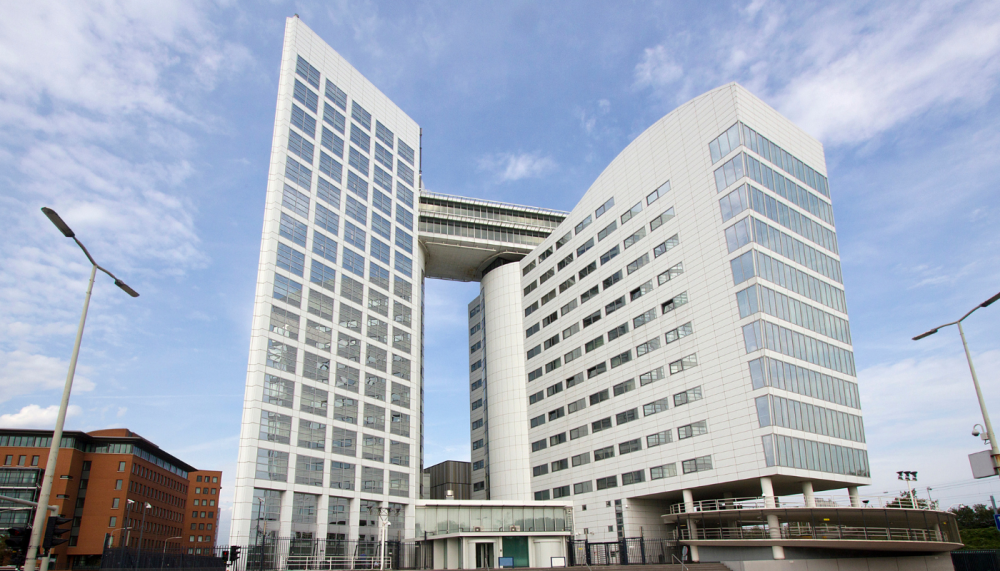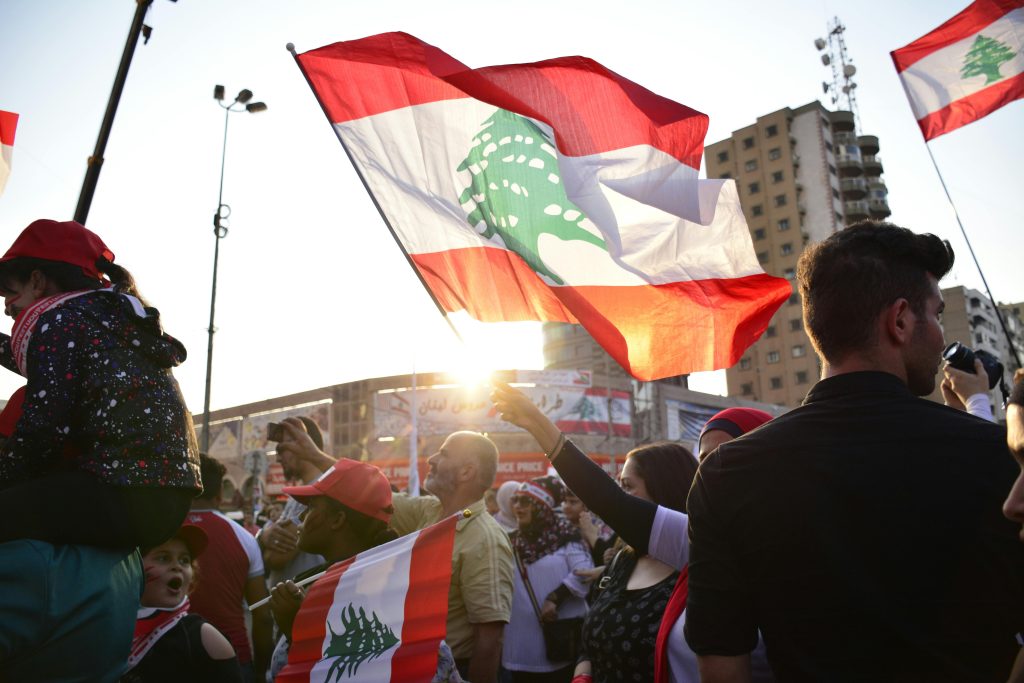Less than a year ago, jurists and protesters warned that any changes made to
the Israeli judicial system would make Israel vulnerable to prosecution by the
ICC (The International Criminal Court). Ultimately, not only was the judicial
reform stalled, but the HCJ authorized itself, following the decision on
reasonableness, to be the supreme legislative body in Israel.
Contrary to the warnings, it is precisely now that the ICC is seriously
considering the issuance of arrest warrants against senior Israeli officials.
These same actors are in response calling to strengthen the judicial power
even more. Putting aside for the moment the issue of proper relations
between the branches of government in Israel, this is clear testimony to the
fact that many have not yet overcome their enslavement to the paradigm that
the ICC is an objective legal institution, and all will turn out well if we play by
the rules.
The naïve belief that Bagatz (the Israel Supreme Court) serves as a protective
vest against international lawfare is reminiscent of the Haredi belief that those
who study Torah instead of enlisting take part in the country’s defense:
unfalsifiable, and always possible to claim, when terror attacks happen, that
things would have been worse without Torah studies.
Decision makers must internalize the idea that the challenge we face with the
ICC is strategic and political, not legal. There is no indication that the Court
was ever impressed by the extraordinary characteristics of the Israeli judiciary
or by the extent of its judicial activism. To the contrary, anti-Israel hostility was
already is baked into the Rome Convention, the institution’s establishing
document and its guide in the past two decades of its operations.
In the current smear campaign against Israel, the Palestinian Authority’s
interests coincide with the ICC’s. Third world countries have accused the ICC
of being a neo-colonialist tool, since most cases the Court has heard involved
African states. Investigations and arrest warrants against Israeli officials offer
a rare opportunity for the Court to persecute a Western state and restore their
image as an “objective” institution. For the PA, the Criminal Court plays a vital
role in its strategy of “‘internationalizing’ the conflict”, in other words, of
enlisting the international community to force Israel to accept Palestinian
demands, without they themselves making a single concession.
Already back in the infamous 2001 Durban Conference, anti-Israel
organizations drafted a plan to denounce Israel as an illegitimate racist state
by legal and pseudo-legal means, including investigations by international
courts. Mahmoud Abbas himself confirmed the strategy of “internationalizing”
the conflict in a 2012 New York Times article published prior to the vote on
accepting the Palestinian Authority as a member of the UN.
There is no other case of an international actor making such blatant use of the
threat of ICC prosecution as political leverage. During Operation Protective
Edge, both the Hamas and the PA threatened Israel once again with a petition
to the Court if it did not cease its strikes against terrorist targets. Since the
ICC made itself an active partner in the Palestinian war against Israel, there is
no point in playing by prejudiced, pseudo-legal rules.
The many failures of the Court clearly demonstrate that determined diplomatic
efforts can thwart investigations against senior Israeli officials. In the twenty
years of its existence, the Court has convicted only six people for war crimes,
and those only because their home states cooperated. After the ICC issued
indictments against the Kenyan President and his rival in 2011, the state went
on a diplomatic blitz against the Court and refused to cooperate in any way.
The Kenyan government actively worked to encourage other African states to
leave the Rome convention and asked the UN Security Council to vote to
defer the investigation. The Kenyan government repeatedly made the
argument that the ICC did not respect African sovereignty and that it
constituted a tool for Western imperialism. The Court Prosecutor admitted that
the government “promoted an anti-ICC climate in Kenya”, thereby making it
difficult for the Court to bring witnesses to The Hague, and it ultimately
dropped the prosecutions. The Kenyan case demonstrates that Israel must go
on the offensive.
The State of Israel’s official position is that the Court has no legal jurisdiction
over its citizens, and the state should act accordingly. The issue of the ICC
should no longer be handled by the legal agencies but transferred to a
political team under the Prime Minister’s Office.
Just like the US, Israel should pass a law forbidding government agencies
from cooperating with the Court and authorizing the government to exercise
all possible means with which to protect Israeli citizens. The ICC is just one
more weapon in the Palestinian arsenal in its war on Israel, and arrest
warrants against us are almost inevitable. It is time to fight back.
First published in Arutz Sheva (Israel National News) (“The ICC Challenge is Political and Strategic, not Legal”, 5/15/2024)




